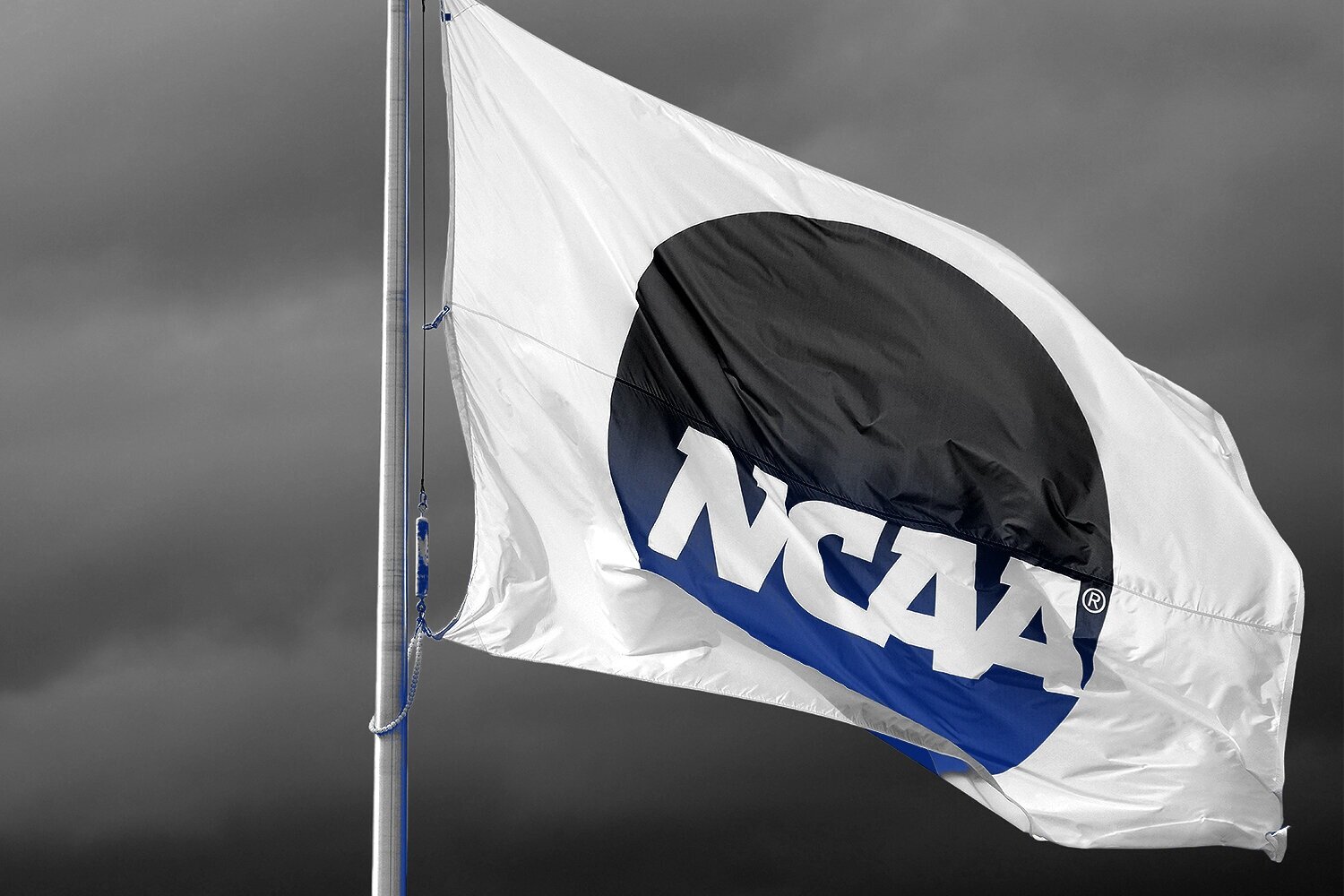By: Seth Corwin
Tomorrow, July 1st, college athletics will change forever when Connecticut’s, Ohio’s, Nebraska’s, Utah’s, Oklahoma’s, Florida’s, New Mexico’s, Texas’s, Kentucky’s, Georgia’s, Alabama’s, and Mississippi’s Name, Image, and Likeness (NIL) statutes go into effect. When these new NIL statutes become effective, student-athletes in those states will be able to receive money from endorsement deals and sponsorship opportunities; something that no student-athlete has ever been able to do until now.
Prior to the Supreme Court’s decision of Alston v. NCAA, many were expecting for the NCAA to pass new bylaws just prior to July 1st that were similar, if not the same, as the NCAA’s proposals that were put on hold back in January when the Department of Justice, at the time under the Trump administration, informed the NCAA that they would sue the NCAA if they passed those proposals under Anti-Trust laws. For those unaware, Anti-Trust laws are a part of the Sherman Act and stipulate that businesses cannot partake in anti-competitive business practices that would promote monopoly in simple terms. Now, with the Alston ruling from the Supreme Court stipulating that the NCAA’s practices regarding education related benefits and expenses were violative of Anti-Trust laws and with the Court noting that other practices may be as well (see Justice Kavanaugh’s concurrence), the NCAA is left with little options.
So what can we expect from the NCAA for July 1st? The NCAA had an emergency meeting scheduled for June 28th and it is expected for the board of governors to pass new amendments to the bylaws to allow students-athletes at schools in the other 38 states to use their right to publicity and start earning money. These new amendments will likely be very small in length, but have large and sweeping ramifications. Essentially, the NCAA will stipulate for schools in states with NIL statutes to follow the state law regarding the topic and for schools not in those 12 states to come up with their own guidelines for student-athletes. This allows the NCAA to dodge any potential Anti-Trust lawsuits as well as any lawsuits for violating state laws.
Unfortunately, due to Congress’s lack of federal NIL legislation and the NCAA’s procrastination on passing NIL bylaws, athletics compliance offices at schools across the country have just a couple of days to develop ways for their student-athletes to report their endorsements to the school, come up with programs and materials to educate student-athletes about endorsements, and be properly prepared. While this potentially gives schools who were prepared or are in states with NIL statutes a potential recruitment advantage, many student-athletes could unknowingly place themselves in harm’s way.
Certainly, student-athletes will have to be aware of people trying to scam them, but they will also need to be aware of other issues. For example, any money that student-athletes make on endorsement money is taxable income that they could owe back taxes on if they are unaware of this fact. Additionally, student-athletes receiving financial-aid could lose it from accepting just one or several endorsement deals. Student-athletes will also have to be smart about the products and services they endorse, as schools may determine that any endorsements that go against school values are subject to punishment or removal from school. Contract law will also inevitably play a role in this as many student-athletes may not understand what a contract is, the various issues to be aware of in a contract, not being able to legally enter into a contract while under 18, and the penalty for breaking one. International student-athletes can also jeopardize their visa from accepting an endorsement deal in the US because it is considered employment. These are just some of the issues that student-athletes will face and the list will continue to grow.
NIL has many facets to it and new ones keep appearing everyday in this new college athletics landscape. With a lack of regulation from the NCAA and the federal government, it is truly the wild-west in college sports and recruitment. The only question left is whether this wild-west will be tamed.
For more Sports Law stories, follow Seth Corwin on Twitter and Instagram @scorwin97 and The Daily Goat on Facebook, Instagram, and Twitter!

